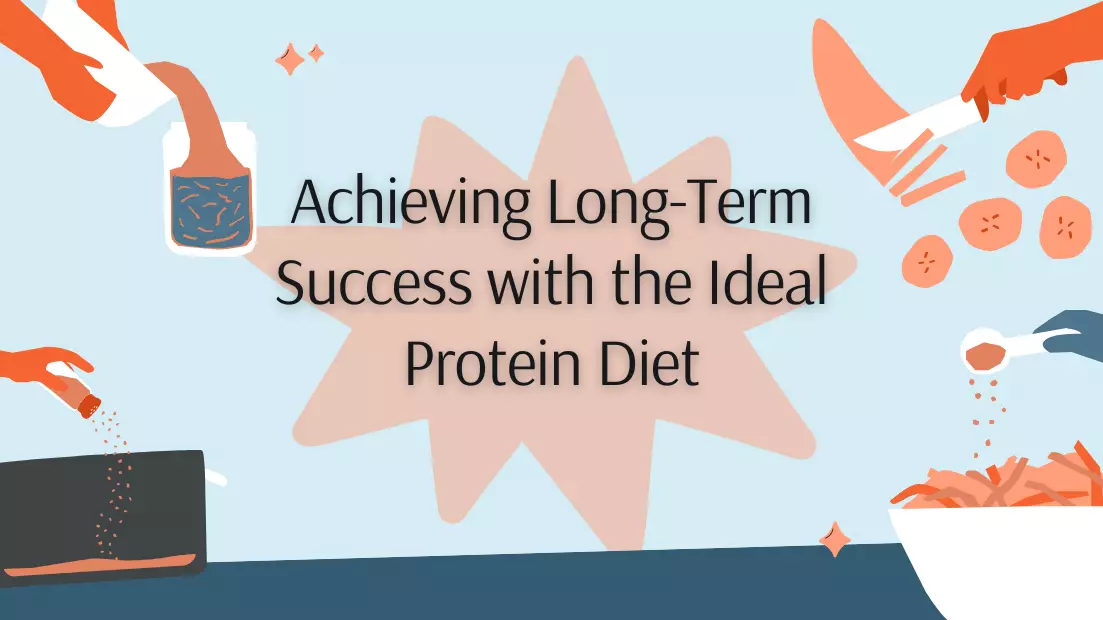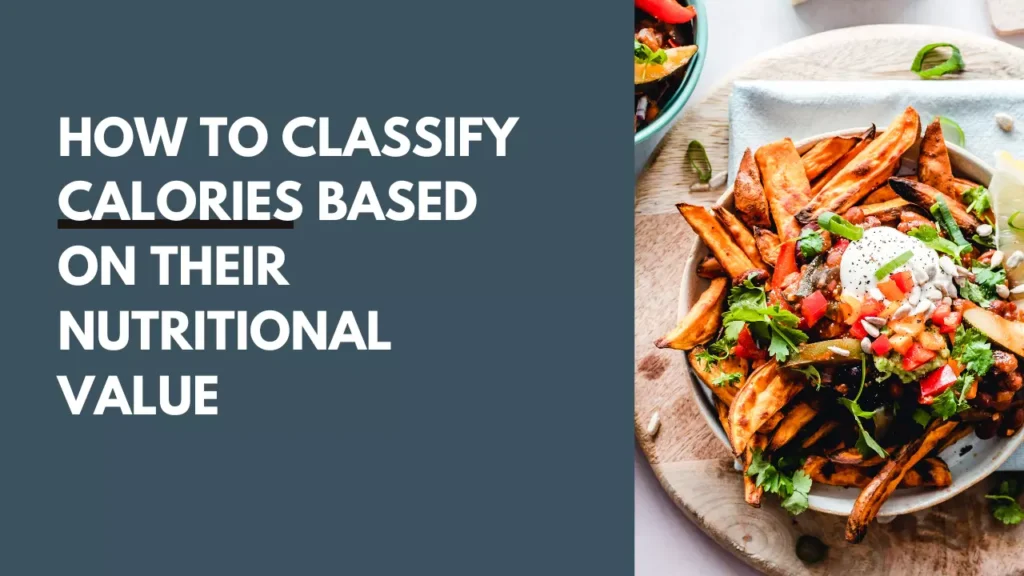
The Ideal Protein Diet has gained popularity for its effectiveness in weight loss and overall health improvement. Understanding how to make this diet a long-term success requires a thoughtful approach and commitment. In this article, we’ll explore key strategies and tips to help you achieve lasting results with the Ideal Protein Diet.
Understanding the Basics of the Ideal Protein Diet
The Ideal Protein Diet is centered around consuming high-quality protein while minimizing carbohydrate intake. Protein-rich foods play a crucial role in muscle repair, metabolism boost, and satiety. By restricting carbohydrates, the body is prompted to burn stored fat for energy, leading to weight loss.
1. Emphasize Lean Protein Sources
Choosing lean protein sources is vital for the success of the Ideal Protein Diet. Opt for skinless poultry, lean cuts of meat, fish, eggs, and plant-based proteins like tofu and legumes. These choices provide essential amino acids without excessive fat or carbohydrates.
2. Monitor Carbohydrate Intake
Carefully monitoring carbohydrate intake is a key aspect of the Ideal Protein Diet. Focus on consuming vegetables low in carbohydrates and limit starchy vegetables and grains. This practice ensures that your body stays in a state of ketosis, maximizing fat burning for energy.
Creating Sustainable Eating Habits
Sustainability is the key to any successful diet plan. The Ideal Protein Diet encourages the development of healthy eating habits that you can maintain over the long term.
1. Plan Balanced Meals
Balanced meals are crucial for meeting nutritional needs and sustaining energy levels. Incorporate a variety of vegetables, lean proteins, and healthy fats into your meals. Planning ahead can help you avoid impulsive food choices that may derail your progress.
2. Stay Hydrated
Adequate hydration is often overlooked but is essential for overall health and weight loss. Drinking water helps control appetite, supports digestion, and aids in the elimination of waste products. Make it a habit to drink plenty of water throughout the day.
3. Incorporate Fiber-Rich Foods
Including fiber-rich foods in your diet contributes to feelings of fullness and aids in digestion. Vegetables, nuts, seeds, and whole grains are excellent sources of fiber. These foods also provide essential nutrients, making them valuable additions to your Ideal Protein Diet.
Building a Supportive Environment
Achieving long-term success with the Ideal Protein Diet involves more than just dietary choices. Creating a supportive environment can significantly impact your ability to stay on track.
1. Communicate with Your Support System
Share your goals and progress with your support system—friends, family, or colleagues who can offer encouragement and understanding. Having a network of individuals cheering you on makes the journey more enjoyable and sustainable.
2. Educate Yourself about Nutrition
Understanding the basics of nutrition empowers you to make informed choices and adapt the Ideal Protein Diet to your specific needs. Stay informed about the nutritional content of foods, read labels, and seek reliable sources of information to enhance your dietary knowledge.
Overcoming Challenges
No diet is without its challenges, and the Ideal Protein Diet is no exception. Acknowledging and addressing potential hurdles can significantly improve your chances of long-term success.
1. Manage Cravings Effectively
Cravings for high-carbohydrate foods can be a hurdle for many on the Ideal Protein Diet. Managing cravings involves finding alternative, compliant snacks and adopting strategies like mindful eating or engaging in a distracting activity until the craving passes.
2. Seek Professional Guidance
When facing challenges or uncertainties, seeking professional guidance can make a substantial difference. A registered dietitian or healthcare professional with experience in the Ideal Protein Diet can provide personalized advice, ensuring that you stay on the right track.
Table: Ideal Protein Diet – Quick Reference Guide
| Food Category | Ideal Choices | Limit or Avoid |
|---|---|---|
| Proteins | Skinless poultry, lean meat, fish, eggs, | Processed meats, high-fat cuts of meat, |
| tofu, legumes | fried proteins | |
| Vegetables | Leafy greens, cruciferous vegetables, | Starchy vegetables (potatoes, corn), |
| non-starchy options like zucchini | high-carb veggies | |
| Fats | Healthy fats from avocados, nuts, | Trans fats, excessive saturated fats, |
| seeds, and olive oil | fried foods | |
| Carbohydrates | Low-carb vegetables, berries | Grains, sweets, sugary snacks |
Note: Before embarking on any diet, consult with a healthcare professional or a registered dietitian, especially if you have underlying health conditions or concerns.
Tracking Progress and Celebrating Milestones
Tracking progress and celebrating milestones are essential components of maintaining motivation and sustaining long-term success with the Ideal Protein Diet.
1. Keep a Food Journal
Maintaining a food journal helps you stay accountable and identify patterns in your eating habits. Record your meals, snacks, and how you feel after eating. This practice can unveil insights that contribute to continuous improvement.
2. Celebrate Non-Scale Victories
While weight loss is a primary goal, celebrating non-scale victories is equally important. Notice improvements in energy levels, sleep quality, and overall well-being. Acknowledging these achievements reinforces the positive impact of the Ideal Protein Diet on your life.
Conclusion: A Sustainable Path to Success
Achieving long-term success with the Ideal Protein Diet involves a holistic approach that encompasses dietary choices, lifestyle habits, and a supportive environment. By understanding the basics, creating sustainable eating habits, building a supportive network, overcoming challenges, and celebrating milestones, you pave the way for lasting results. Remember, the Ideal Protein Diet is not just a short-term solution; it’s a lifestyle change that can lead to improved health and well-being in the long run. Commit to the journey, stay informed, and enjoy the transformative benefits of this protein-focused approach to nutrition.



